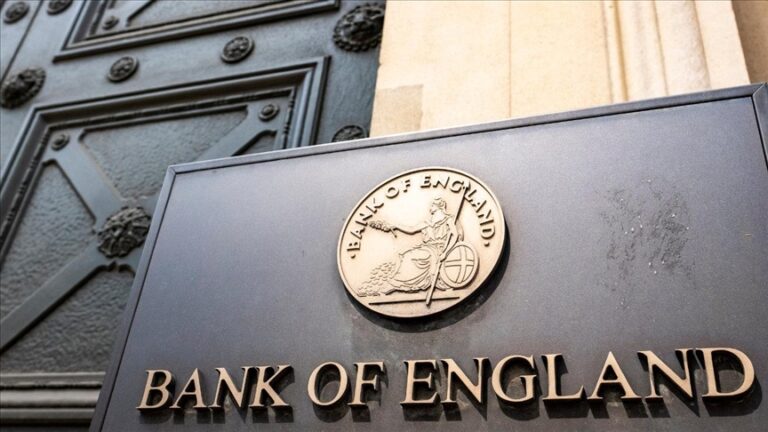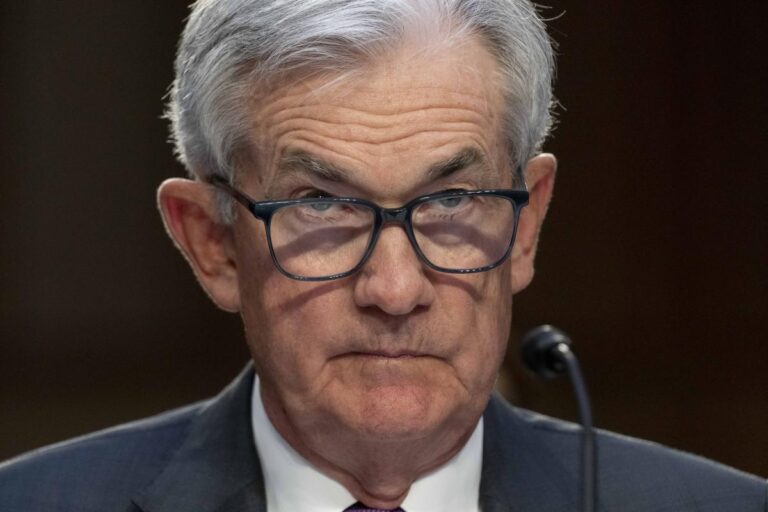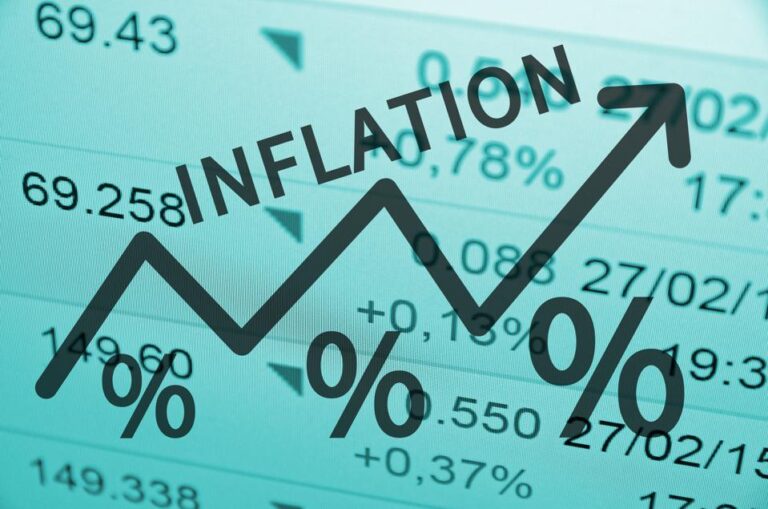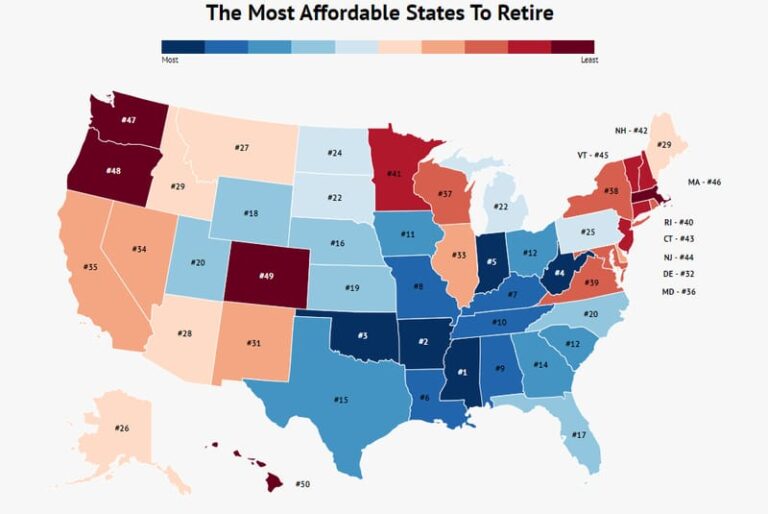Global Economy Faces Headwinds Due to Banking Troubles, says IMF
The International Monetary Fund (IMF) stated on Tuesday that the global economy is cooling and facing multiple risks, including the volatile banking sector, high inflation, and rising interest rates.
According to the latest World Economic Outlook report from the IMF, total economic output is expected to rise by 2.8% this year, representing a deceleration from the 3.4% growth recorded last year.
This is due to the continued recovery from the economic downturns caused by the pandemic and the Ukraine conflict.
The IMF’s new 2023 projection is only slightly lower than its January forecast, by just 0.1 percentage point.
The report indicated that the multilateral financial organization expects a 3% acceleration in global growth next year, citing some encouraging signs.
The Asian economy is being invigorated by China’s reopening after its extended pandemic lockdowns.
Resilient consumer demand and robust job markets are fueling the growth of the US and European economies.
Emerging markets are growing faster than developed countries, and the supply chain challenges that arose during the pandemic and in the aftermath of Russia’s invasion of Ukraine are now being resolved.
IMF economists have indicated that the risks to growth have increased substantially, referring to the banking system turmoil that occurred in March.
The sharp and precarious drop in confidence in the banking system resulted in the collapse of two midsize U.S. banks and the compelled acquisition of Credit Suisse Group AG (NYSE: CS) by its long-standing competitor, UBS Group AG (NYSE: UBS).
“The financial challenges that a number of countries have experienced are casting a shadow on our outlook,” said Pierre-Olivier Gourinchas, the IMF’s research director.
“We are seeing a lot of downside risks going forward.”
Another significant concern, according to the IMF, is the ongoing inflation, which may necessitate central banks to raise interest rates beyond the current estimates.
The IMF anticipates a drop in global inflation, with a 7% rise in consumer prices this year and a 4.9% increase in 2024, compared to 8.7% in 2022.
However, the organization predicts that underlying core inflation, which excludes the volatile energy and food prices, will subside at a slower pace.
Thus, the economy is entering a precarious phase where financial hazards have escalated, inflation is not under control, and growth is still sluggish compared to past benchmarks.
The IMF paints a bleak picture of the global economy in the long run.
The effects of the war in Ukraine and the escalating tensions between the US and China continue to weigh down the global economy.
The IMF has expressed concern over the possibility of economic fragmentation, wherein the world trading system could be divided into rival blocs, consisting of either the US and its allies or China, Russia, and their allies.
The International Monetary Fund predicts that the global economy will experience a meager growth rate of 3% in 2028, the lowest projection in several decades, when looking ahead five years.
“That does not give us high hope for meeting the aspirations of people, especially poor people, around the world and, most importantly, poor people in poor countries,” IMF director Kristalina Georgieva said Monday as she kicked off the spring meetings of the IMF and the World Bank.
According to the IMF, the global slowdown this year is primarily driven by advanced economies in Europe.
The forecasted expansion of the Eurozone’s economy is only 0.8% this year, compared to 3.5% last year.
The U.K. economy, on the other hand, is expected to shrink by 0.3% in 2023 after a 4% expansion in 2022.
The IMF projects growth rate of the U.S. economy to be 1.6% this year, which is lower than the 2.1% growth rate reported in 2022.
This year, China is expected to experience growth acceleration to 5.2%, up from 3% last year.






